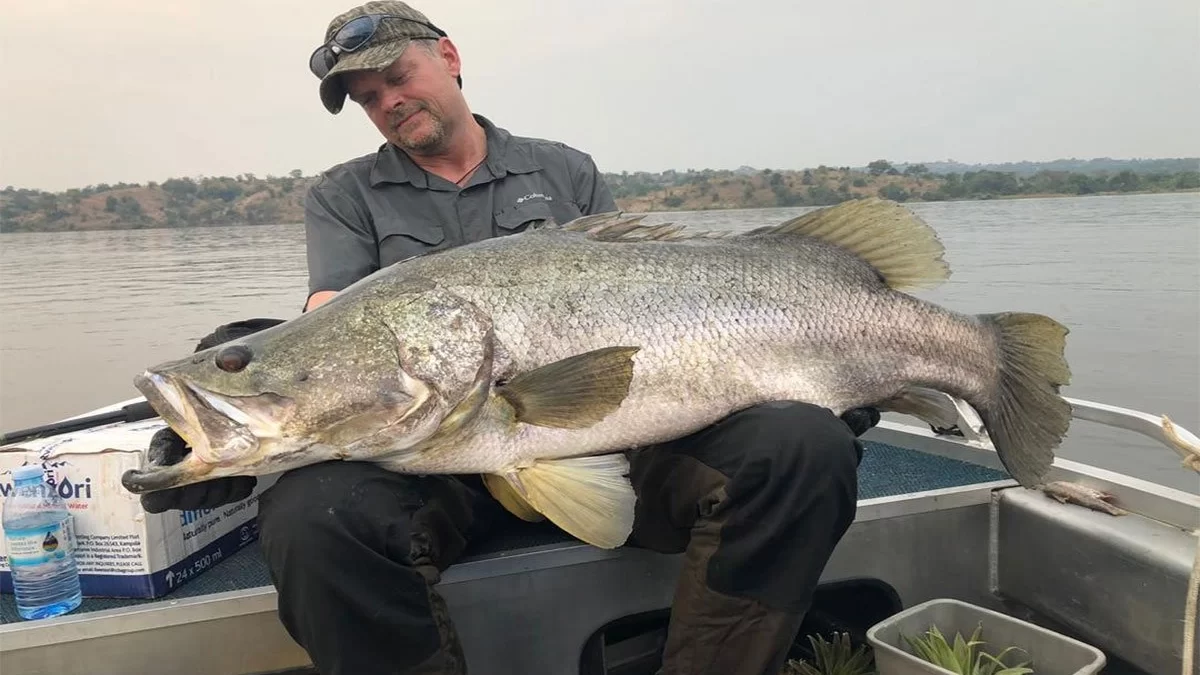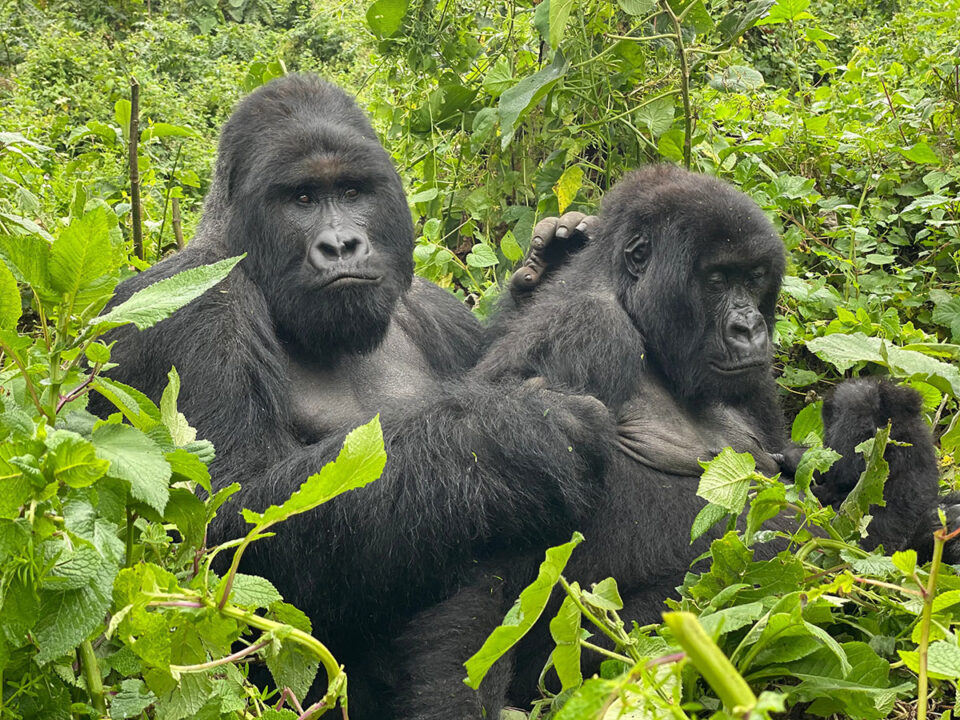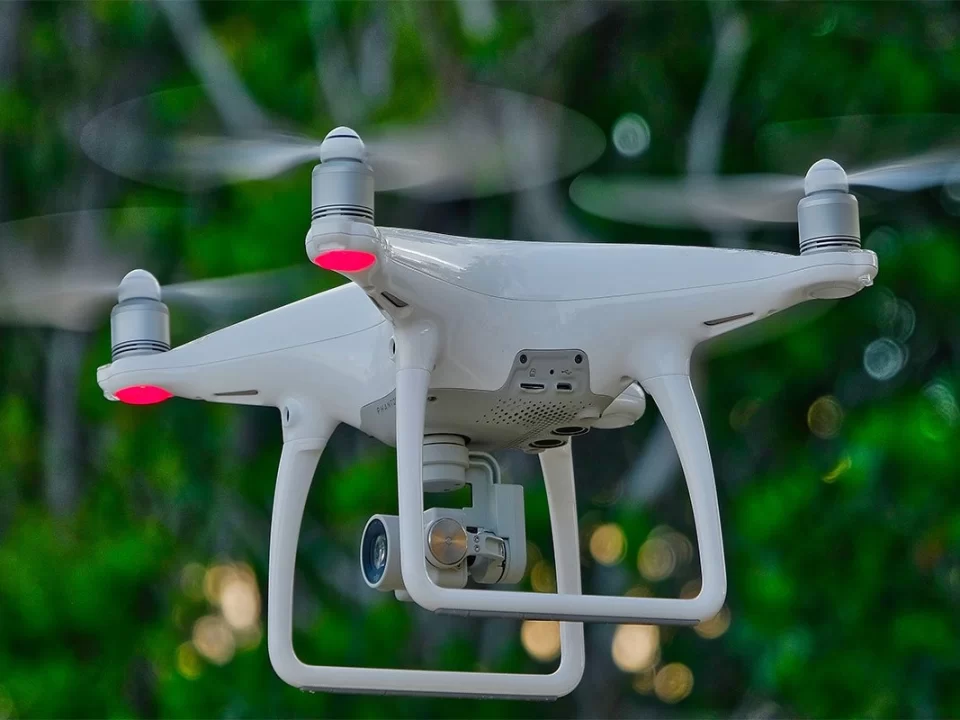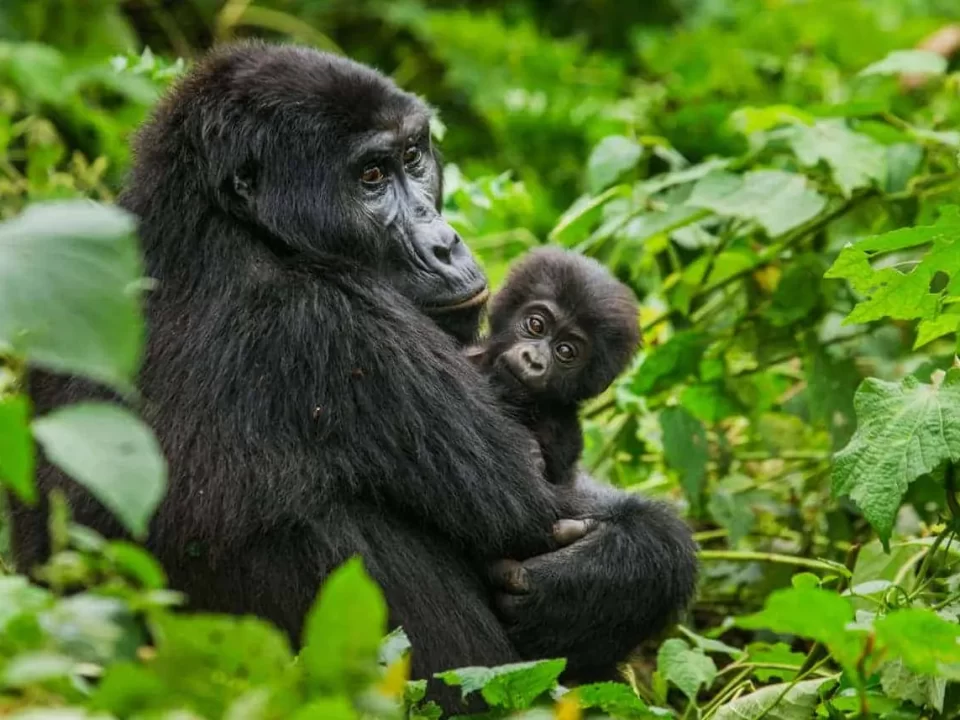Obtain a Fishing Permits in Uganda

Nile Perch Fish
February 3, 2024
Boat Cruise in Murchison Falls National Park
February 3, 2024Securing Your Fishing Adventure: Acquiring Fishing Permits in Uganda – Licensing for Murchison Falls and Lake Victoria
Navigating the Permit Waters:
Embarking on an fishing expedition in Uganda prompts many anglers to question the necessity of acquiring fishing permits. The vibrant water bodies of Uganda, including the source of the River Nile in Jinja, Lake Victoria, and the Nile River in Murchison Falls, beckon fishing enthusiasts to partake in catch-and-release safaris.
Demystifying Fishing Permits:
Understanding the intricacies of fishing permits is paramount, as regulations differ based on the specific fishing locale. Here’s a comprehensive guide to enlighten anglers about the permits required for fishing safaris in Uganda.
Lake Victoria Fishing Permits:
Anglers casting their lines into the vast expanse of Lake Victoria are exempt from obtaining a fishing permit directly. However, they must enlist the services of a licensed boat operator registered with the Ministry of Fisheries. This association grants anglers automatic fishing permissions, aligning with the principles of responsible and sustainable fishing practices.
Jinja Nile River Fishing Permits:
The fishing dynamics in Jinja, part of Lake Victoria, mirror those of the lake itself. Anglers benefit from fishing rights bestowed by the licensed fishing company organizing the expedition. In this context, individuals are relieved of the obligation to procure or possess an independent fishing license for the river or lake in Jinja.
Nile River in Murchison Falls:
For anglers exploring the Nile River in Murchison Falls, a dual permit system awaits. Firstly, the entry permit, priced at 40 USD per person for 24 hours, facilitates access to the national park. Secondly, the fishing permit, costing 50 USD per person for 24 hours, is essential for indulging in the angler’s pursuit. Both permits are remitted to the Uganda Wildlife Authority, the governing body overseeing these regulations.
Advance Permit Procurement:
While anglers need not secure fishing permits in advance, it is advisable to pre-book fishing boat services. The high demand during peak tourism seasons may result in limited availability. To ensure a seamless fishing experience, booking fishing boat services well in advance is recommended, preferably a year ahead.
Navigating Refund Policies:
Regrettably, fishing permits are non-refundable once remitted to the Uganda Wildlife Authority. However, anglers can find solace in the fact that payments can be made on the day of fishing. Coordinating with a reputable service provider allows for streamlined payment processes, and in instances where fishing plans are thwarted, a refund for the fishing permit fee on that specific day can be arranged.
Optimal Fishing Seasons:
For those contemplating a fishing safari in Uganda, our experts endorse planning the adventure between December and February. These months, characterized by dry weather, witness a drop in water levels, enhancing the fishing experience. While June to August remains a viable option, it corresponds with a bustling tourism season.




